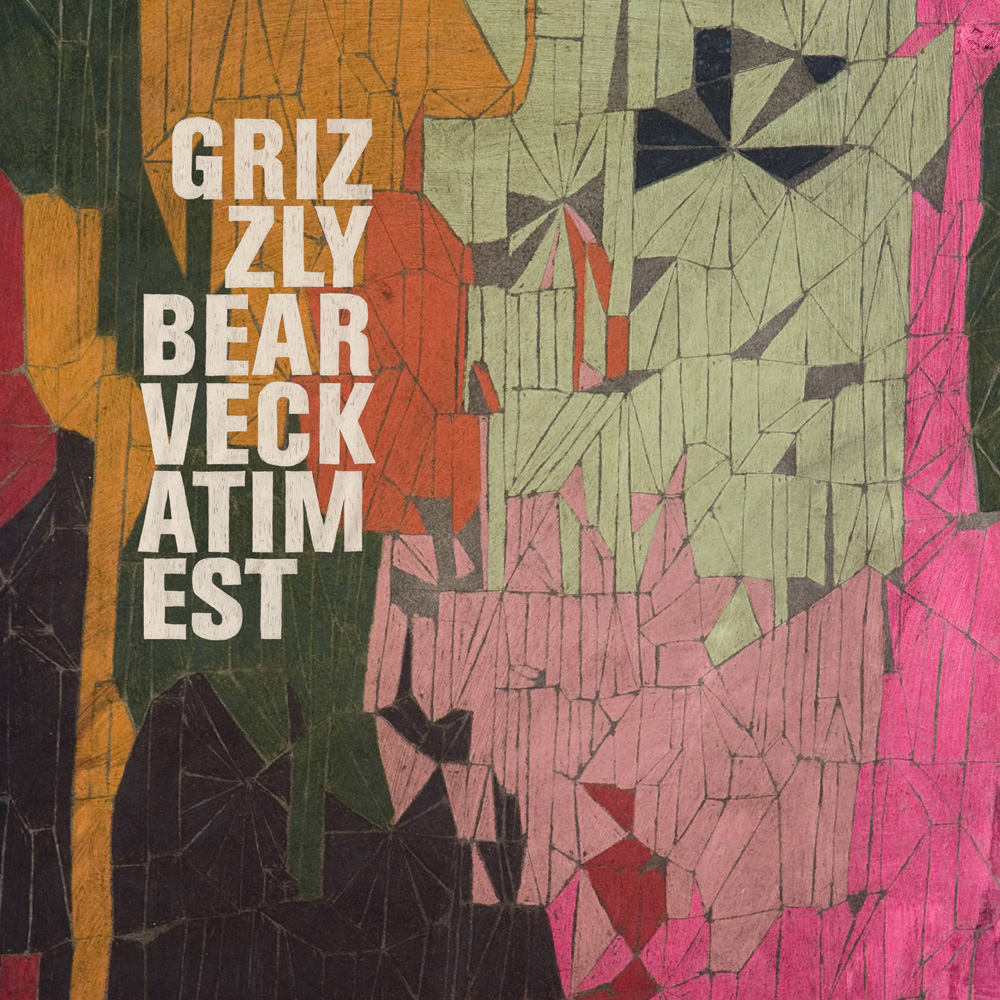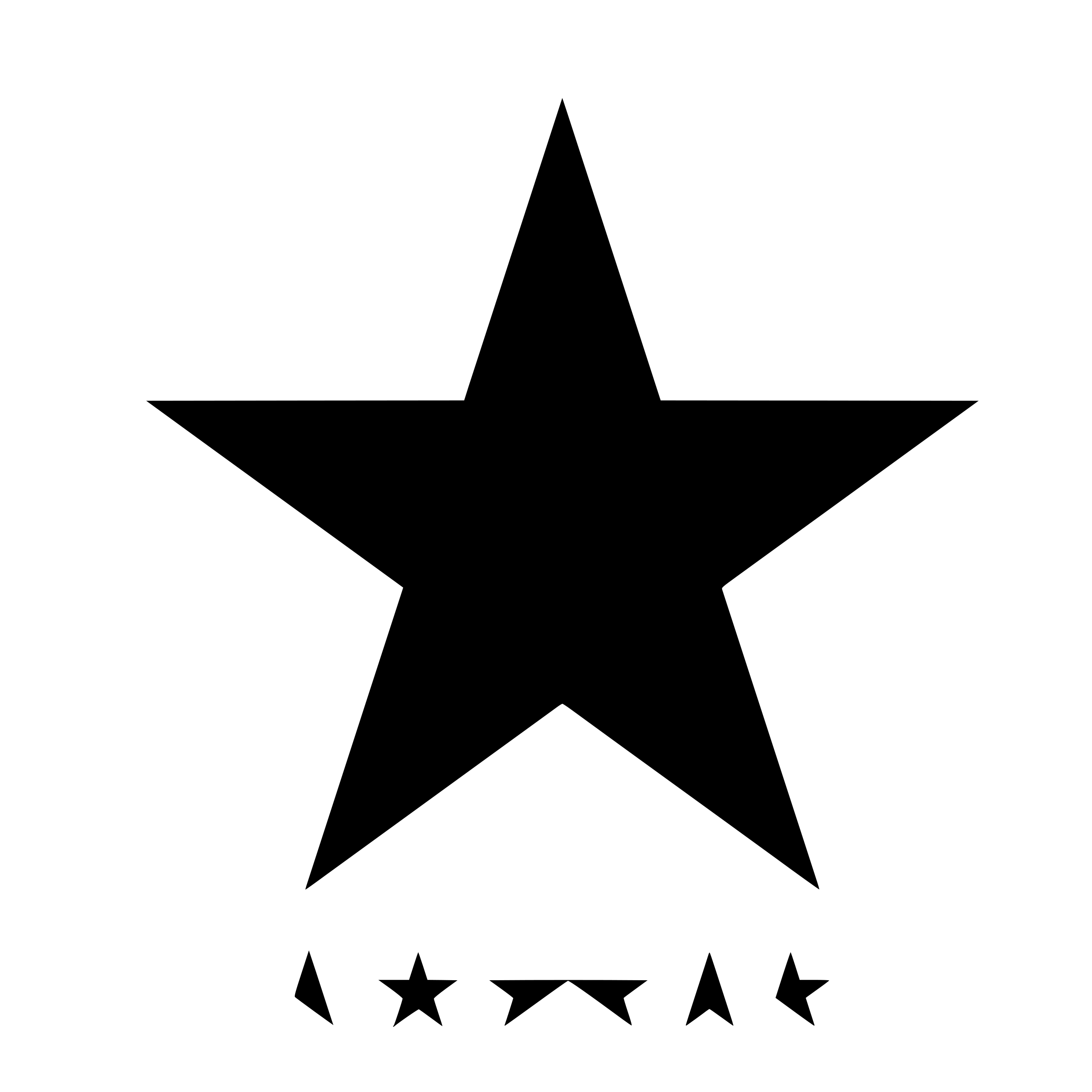Once considered breaking news, album leaks have become largely an innocuous nonentity. Nowadays it’s not only expected but sometimes even encouraged that your fans will have heard your new music long before they can actually purchase it (assuming you’re one of those artists whose fans still buy albums). As such, the frenzy that once accompanied pirating unreleased music has become an artifact of an older era of the Internet.
Consider that this past week you could have gone to a torrent site and picked up each of today’s anticipated new releases from Flying Lotus, Mavis Staples, and Morrissey, among others. Yet none of those artists are writing blog posts expressing their anger, disappointment, and ultimately resigned hopes for how listeners receive their stripped-from-context creations. None of them have to, because the attention their albums will be paid even after they come out proper won’t amount to half that received by the muddled, low-quality rip of Grizzly Bear’s Veckatimest, months before anyone would hear a fraction of just how beautiful the thing actually was.
The "release" of Grizzly Bear’s third studio album 10 years ago this Sunday was an event, in a way that it might not have been had its rollout gone as planned. That’s not only because of just how fervent the anticipation was for what the band would do next after their stunning breakout Yellow House and the announced follow-up’s instant-canon pre-release singles; it’s because what people finally heard exceeded expectations beyond what even the band’s then-most ardent supporters realized they could have set. Across the internet, the leak turned hype into seeming hyperbole, which started to seem more like prophecy come May 26th.
The fever pitch portended the heights Veckatimest would go on to clear. Carried forward by the colossal crossover hit "Two Weeks," the album turned the quartet from critical darlings and Jonny Greenwood's proclaimed "favorite band" to principal figures in this century's commercial peak for indie music -- the summer of Merriweather Post Pavilion, xx, and Wolfgang Amadeus Phoenix (which, alongside Veckatimest, all made Stereogum's Top 5 albums of 2009). This was the year the Yeah Yeah Yeahs became source material for A-Trak remixes, and Phoenix released the album that would eventually propel them to be Coachella headliners. The soil laid by the density of widely heralded landmark releases would be what allowed for bands like the Black Keys and Vampire Weekend to become arena acts, ones that promoted Grammy-nominated singles by going on The Colbert Report to compete in a “Sell-Out-Off.”
With only a decade of distance, the time period feels like an entirely bookended historical chapter. Fleet Foxes’ Robin Pecknold recently christened it as such when he notoriously discussed the current cultural state with the Dirty Projectors’ David Longstreth over social media, stating, “I feel like 2009, Bitte Orca / Merriweather / Veckatimest, was the last time there was a fertile strain of 'indie rock' that also felt progressive w/o devolving into Yes-ish largesse.” That comment is funny both because Grizzly Bear unironically covered Yes the same year they came onto anyone’s radar, and because 2009 was the heydey of indie rock soundtracking car commercials.
With its peppy overtures and flooring crescendos, “Two Weeks” was primed for ubiquity. But a Volkswagen third-quarter Super Bowl sync still seemed out of the realm of possibility for a band pursuing challenging art-rock while coveting “Album Of The Year” nods from critics across the board. In retrospect, a less charitable listener could almost call Veckatimest opportunistic -- straddling the line between the soon-to-be-watered-down chamber-folk wave led by Fleet Foxes and Bon Iver and the psych-pop revival MGMT left in their wake. Yet removed from context, the album was potent and singular. Only an anomaly could have propelled one of the knottiest, most ornate bands of their generation to cultural saturation.
Within the continuum of Grizzly Bear’s own discography, Veckatimest is a natural step in their progression from bare yet expansive textured acoustics to dense alt-pop built on thickets of electronica and orchestral aplomb. The crux of its power comes from the same source as the band has always drawn: the tension between their Brian Wilson instincts and their prog-rock intentions. Veckatimest is mellifluous and immediate, with bright edges and big hooks, but it's also a sonic collage of mismatched puzzle pieces, obtuse left turns, youth choirs, and string sections.
“Two Weeks” captures that dichotomy at its most urgent, plucking out a simple string of eighth notes on top a bed of rummaging drums and “woah oh oh”s. The wistful harmonies beget both summer longing and winter mourning, the rise and fall of Ed Droste’s five-syllable meter brushing up against the plaintive vocal accompaniment of Beach House’s Victoria Legrand. Another juxtaposition inherent in Grizzly Bear’s music is that between the delicacy of their compositions and their outsized impact. Opener “Southern Point” shuffles with a jazzy swing, ominously lurching forward both tepid and hasty, before charging all at once in a manner true to the band’s moniker, an approach to boisterous beauty they would later perfect on Shields. Every note gracefully lilts while making its presence known, and each band member acts like the percussionist; Daniel Rossen strums his guitars as though it’s a tambourine, while Christopher Bear plays the kit like he’s slapping sheet metal.
But how the music sounds is less important than what it feels like. When those four-part harmonies beam down into Grizzly Bear’s instrumental canopies, the Earth’s grip on where you’re standing seems to get a little tighter. “While You Wait for the Others” has a decompositional rhythm you can practically smell. “Ready, Able” gradually pressurizes a room with every iteration of Droste’s burdened refrain: “They go, we go, I want you to know what I did.” Among my personal favorite effects is that of “Dory,” which can turn every source of light into a candle’s softly charming glow. This album has a density, a tactile intricacy that seemingly could not have resulted from anything other than meticulous craftsmanship.
The band’s labor was recognized and rewarded, with the album everyone had already heard three months prior still debuting in the Top 10. Veckatimest positioned Grizzly Bear to be bellwethers for the direction of the 2010s zeitgeist, and yet the reign of mainstream indie ultimately lasted only another few years. It ran dry about the time the band released the album’s successor into a discursive landscape increasingly orienting itself around the hip-hop-inflected palettes of next generation auteurs Frank Ocean, Kendrick Lamar, and by the end of the following year, a newly critically-coronated Beyoncé. The period’s final page could seemingly be marked as the summer when the discussion around Kanye’s latest masterpiece eclipsed that of Vampire Weekend’s.
People like to cast blame at blogs for encouraging this development, whether by implying poptism as a pejorative or accusing editors of using bigger names as traffic bait. But it’s less that tastes changed so much as did the lines between what’s considered lowbrow and high art. Indie music became more widely influential as its status ballooned in the popular current, and that influence inspired pop stars who’d always thought of themselves as bastions of the avant garde to finally realize that ambition. Buzzworthy rappers were no longer citing soul and gospel records as their source material, but Band of Horses, Yeasayer, and Veckatimest itself (“I’mma try to make my street cred rack up/ I mean I’m rapping over Grizzly Bear, what the fuck?”).
The hints of what was to come take on in retrospect the tenor of omens, such as the headlines that came out of Beyonce and Jay-Z attending a free outdoor Grizzly Bear show in 2009. Less than a decade later, the former would be interpolating a Yeah Yeah Yeahs classic with cowriting credits from Ezra Koenig and Father John Misty. With as many who embraced this pop cultural appropriation, there were plenty who (at least initially) rolled their eyes at the critic-bait. Yet the reach of indie bands over the shoulders of pop stars was good for music for a number of reasons, even if it crowded out consideration for the artists that initially lit the torch.
The same way the New York rock revival brought upon the rise of Kelly Clarkson and subsequently succumbed to irrelevance, the century’s second-wave New York scene is now being overshadowed by the stars it fueled. Droste has proven an emblematic self-inflicting martyr for this development, accidentally picking fights he couldn’t win with monolithic pop stars and defining the narrative of the last Grizzly Bear album by voicing his concerns of whether anyone would even listen. Similarly unable to reclaim space from the behemoths hogging the cutting edge, some of his peers attempted to join in on pop’s trademark for big-budget pageantry (see: Arcade Fire’s latest roll-out).
The indie bands that survived the blog-rock era to become vaulted institutional mainstays have held onto their cultural cachet by diversifying their assets. Ezra Koenig got in on creating memeable content for Netflix. The National and Bon Iver now seem to curate festivals as often as they perform at them. Kevin Parker and Father John Misty approached musical influence from behind the scenes, penning chart-seekers for the music industry’s 1%. Most have largely left the call for “artistic statements” to the Beyoncés and Kanyes of the world. Meanwhile Grizzly Bear and a number of other acts who once blazed trails are now being excluded from trend-setting spheres of influence like Coachella and instead packaged into internet-era “Oldchellas.”
It’s an almost tragically fitting narrative for a band that broke out on the strength of the music stolen from them: The band’s headlines these days are less often about their musical output as they are their quoted criticisms of a system that’s left them outdated on the path of pop-capitalist creative destruction. The quality of their songs didn’t significantly degrade, the market simply oriented itself to new demands. But 10 years of distance still hasn’t diminished the extent to which Veckatimest feels like an epitome for its time -- improbable, insoluble, and undeniable.
[videoembed size="full_width" alignment="center"][/videoembed]
[videoembed size="full_width" alignment="center"][/videoembed]
[videoembed size="full_width" alignment="center"][/videoembed]






